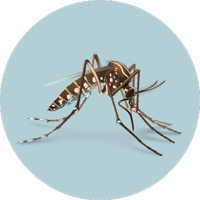Jet lag is a sleep disorder for people who travels frequently across different time zones. Jet lag occurs when your body is still on its original time clock but you try to make it adjust to the time zone that you are in. This can cause daytime fatigue and other complications. Some signs and symptoms of jet lag is:
- Disturbed sleep — such as insomnia, early waking or excessive sleepiness
- Daytime fatigue
- Difficulty concentrating or functioning at your usual level
- Stomach problems, constipation or diarrhea
- A general feeling of not being well
- Mood changes
The more time zones that you cross the worse your jet lag can get.
Ways you can prevent getting jet lag is to arrive early. Arriving a few days prior will give your body time to adjust to the time zone. You can also get plenty of rest because ig you start off sleepy than your going to make it worse.Try to adjust to the time zone that you are traveling to, if your going east try to sleep one hour earlier.
If you do travel and get jet lag, caffeine helps alot with onset sleepiness. You can also get your body adjusted to light and go for a jog to get that energy flowing through your body. Jet lag usually goes away on its on and does not last more than a few days. However, if you are traveling to a different time zone prepare your body for it so you will be able to enjoy your vacation and have a healthy travel.
Staff, B. M. (2016, April 20). Jet lag disorder. Retrieved October 10, 2016, from http://www.mayoclinic.org/diseases-conditions/jet-lag/basics/definition/con-20032662
